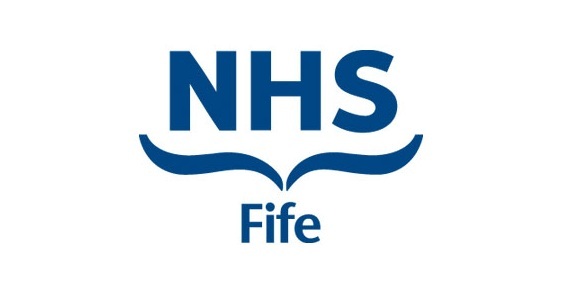NHS Fife’s operational division faces a “very difficult financial position” next year after overspending its budget by £3.28 million.
Nearly a third of that went on dealing with the backlog of cancelled operations created by bad weather and a lack of hospital beds over the winter.
The operational division’s chief executive John Wilson said putting on extra sessions to catch up with cancelled operations had cost “the best part of £1 million.”
NHS Fife is recovering from a bed-blocking crisis. Over 150 patients were waiting to be released from hospital under delayed discharge in January but the problem is being resolved after the health board and Fife Council contributed £250,000 each towards providing home care packages.
Mr Wilson said, “What we’ve been doing over the last three months is catching up on the backlog. Some (operations) were cancelled due to the weather but a lot were cancelled because of a lack of beds.”
He added that some of the £310,000 overspend on accident and emergency was set to be addressed because out-of-hours cover was now being provided at Queen Margaret Hospital only, eliminating the need for out-of-hours rotas at both QMH and Victoria Hospital in Kirkcaldy.
When all A&E cover is moved to the new wing at Victoria, costs would be cut further, he said.
The operational division’s projected overspend by the end of the financial year is anticipated to be £3.75 million, with factors such as the cost of clinical supplies, laboratory work and additional nurses to cover sickness and maternity leave contributing to the total.
The health board’s assistant director of finance Andrew McCreadie told the operational division committee on Wednesday that, although compensating for the overspend would present a “significant challenge” next year, NHS Fife as a whole was on target to break even.
In women and children’s health, the overspend of £402,000 was mainly spent on nurses to cover maternity leave and sickness absence. Meanwhile, nursing costs also contributed to the £759,000 overspend in general medicine and £206,000 overspend in critical care.
In addition to nursing costs, surgical instruments and in particular prosthetics were behind the £681,000 overspend in orthopaedics.
Senior medical staffing and surgical instruments in hospital theatres accounted for the £623,000 overspend in theatres and anesthetics.
Mr McCreadie said that, when it came to nursing staff, the health board tried to plan ahead but there were circumstances that were “outwith our control.”
Describing the operational division as being in a “very difficult financial position,” he said a financial plan for next year had yet to be agreed but it was set to identify “very significant” efficiency savings.
“Next year we will embark on a financial recovery programme,” Mr McCreadie said.
“What that will result in is identifying all the areas where there are recurring financial issues that need to be addressed and management actions that need to be taken to address this as best as we can.”
